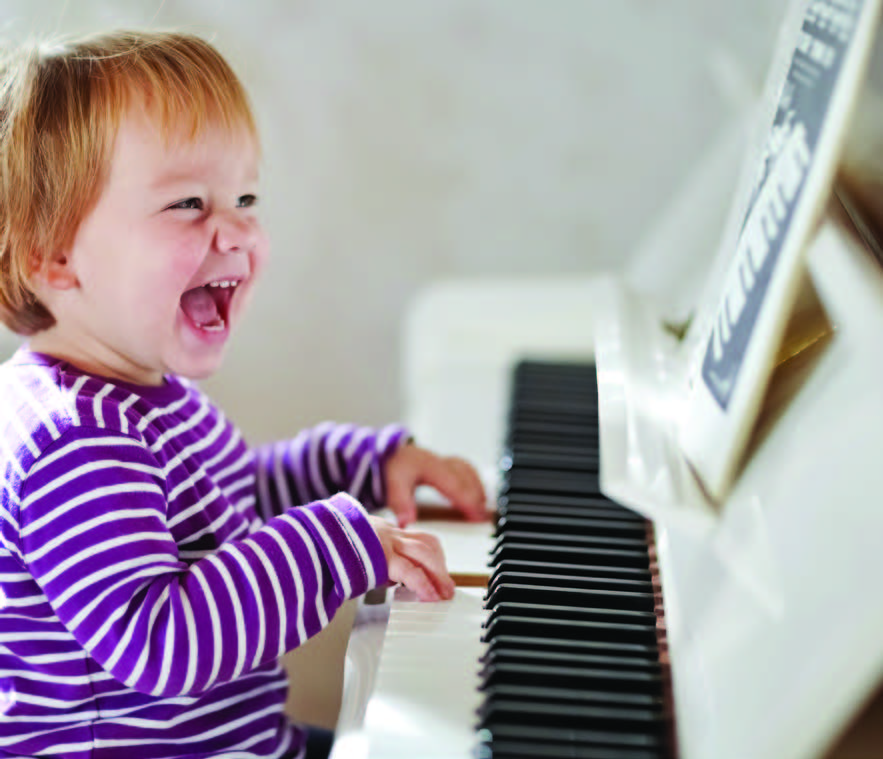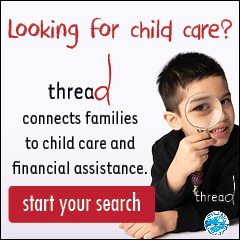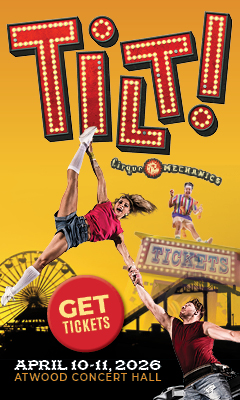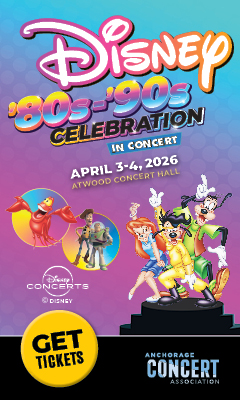Helping Your Child Tune In To Music
By Beth Kanter

When 2-year-old Emily Lynn
Phelps was sick and in the hospital,
the only thing that would cheer her
up was her mom, Sherri, singing
“Itty Bitty Baby Girl.” “I sang this to
Emily when she was an infant, and it
totally helped calm her – and me! –
down,” says Sherri.
Music can have a powerful effect
on toddlers’ moods: It can distract
them, amuse them, pacify them, and
even get them to cooperate. How
many times have you belted out the
“Clean Up” song to encourage your
3-year-old to put away his trucks?
Or how often did you sing a silly
song to keep your 2-year-old still
while you tried to wriggle her into a
snowsuit?
What’s more, experts say that
songs can build cognitive skills and
enhance a child’s ability to learn.
There’s no hard evidence that
exposing your toddler to music will
make him smarter and raise his
IQ, but music certainly can make
learning easier and more fun. A case
in point: A 2-year-old can’t memorize
the alphabet by reading it, but if he
hears the ABC song repeatedly, he’ll
quickly learn the letters.
The toddler years are the ideal
time to get kids to tune in to songs.
“If children are exposed to music
before they’re 5, they’ll feel much
more free to sing in an uninhibited
way later on,” says Bonnie Ward
Simon, co-creator of the Stories
in Music CD series. “There’s a key
window of opportunity at this age.”
Fortunately, it’s not too difficult to
engage toddlers with tunes. Most
instinctively love music, and singing
songs together is a great bonding
experience for you and your little
one. “The most natural way to
develop your child’s love of music
is to expose her to the music you
love,” says Lori Custodero, DMA, an
associate professor of music and
music education.
Here are some ways for both of you to enjoy the sounds – and benefits – of music.
PROVIDE EASY ACCESS
Keep a basket of props in your
living room. Scarves, hats, tutus, and
shakers all enhance your child’s musical
experience by encouraging dramatic
play. Get a stick, listen to Beethoven’s
Fifth Symphony, and pretend you’re the
conductor. Take two paper plates, put
some beans inside, and tape the plates’
edges together to make a shaker.
Music classes are also a good idea,
but toddlers aren’t ready for formal
lessons just yet. Instead, check out
programs like Kindermusik or Music
Together. “Two- and 3-year-olds can
learn about different sounds and can
even begin to create their own songs,”
says Kimberly Hill, an early-childhood
music teacher.
GIVE TIME TO EXPLORE
Your little one won’t clap to a
steady beat or sing on key right away.
But let her play in whatever way she
wants and simply enjoy what she’s
hearing. “If she’s been exposed to
music activity, by the time she’s
about 4 she’ll probably be able to tap
out a proper beat,” says Kenneth K.
Guilmartin, director and founder of
Music Together.
Percussion instruments are easy
for little hands to grasp, shake, and
tap. You can use pots and pans,
and encourage her to think about
the sounds she makes. “Ask her
which pan’s sound she likes best,”
Dr. Custodero says. “Talk about the
difference between loud and soft.”
Listen to the music that resonates
with your child, not what’s on the radio.
USE MUSIC TO TEACH
Songs are a great way to help
toddlers learn to experiment with
words and sounds. They can learn
rhyming patterns with songs like
“I’m a Little Teapot” and “Twinkle,
Twinkle, Little Star.” They can
learn to spell (“B-I-N-G-O”), name
the parts of their body (“Head,
shoulders, knees, and toes”), count
(5 Green Speckled Frogs”), and
even speak new languages (“Frere
Jacques”) through songs.
BE SPONTANEOUS
Little kids have no problem
breaking into song — and you
shouldn’t either. Narrate your walk
to the car in an operatic voice,
or sing about the clothes you’re
picking out to the tune of “Old
MacDonald” (“I am going to wear
this shirt, E-I-E-I-O”). Soon you’ll see
your child do the same thing, as he
begins to develop a love of music
that can last a lifetime.
MUSICAL NOTES
These tips will help you make music a part of your family’s life.
DO:
• Keep toy instruments for
impromptu concerts. Maracas,
rhythm sticks, and small drums
are perfect for this age.
• Take your child to outdoor
concerts designed for 2- and
3-year-olds.
• Let your child tinker on the
piano while you play a song
alongside.
• Play music in the kitchen, play
areas, car, and your child’s
room.
DON’T:
• Take your preschoolers to the
symphony – or a rock concert.
They likely can’t sit that long,
and the volume might frighten
her or hurt her ears.
• Limit them listening to one kind
of music.
• Only buy toy instruments.
A real tambourine makes a
wonderful sound and often
costs the same as a toy one.









